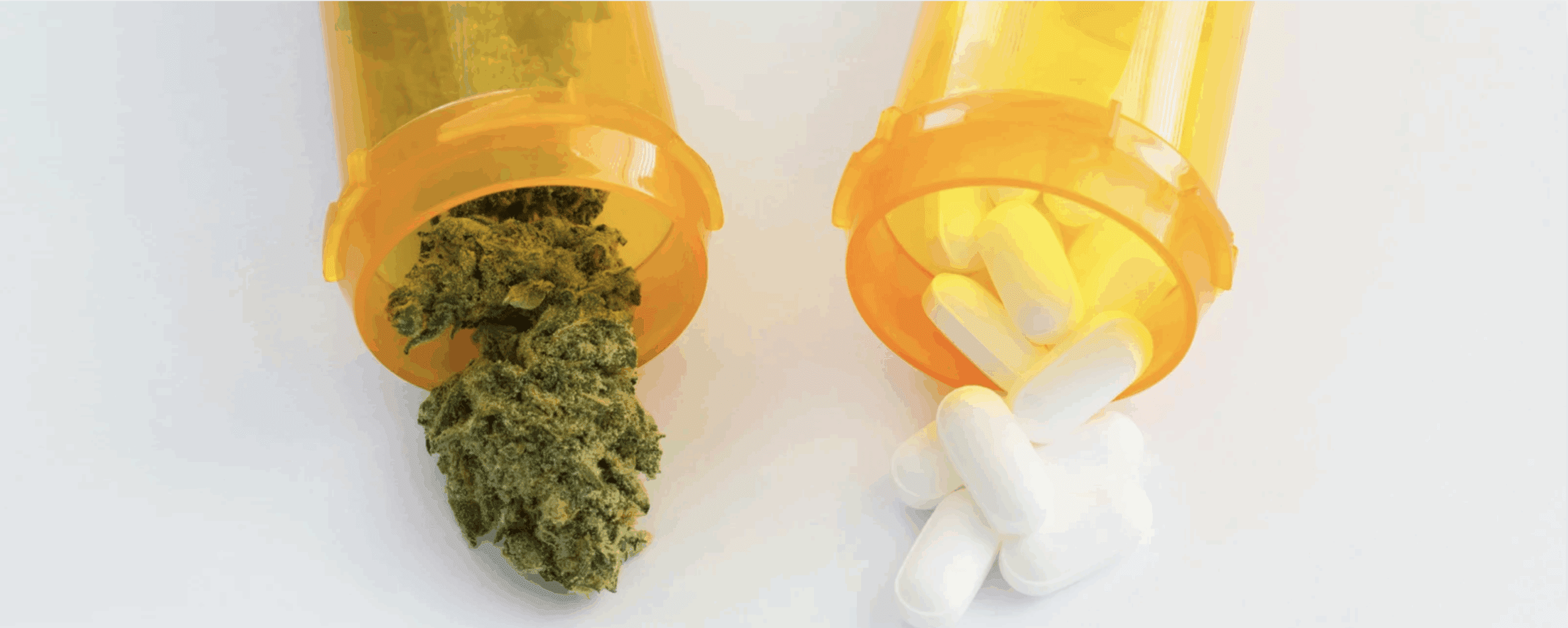Like many respiratory-based viruses, new research suggests that smoking can influence the spread of COVID-19.
The Origin of COVID-19
The worldwide COVID-19 outbreak occurred during the Chinese New Year celebration in January 2020, the Year of the Rat. This virus, like most respiratory-based viruses, spreads by microdroplets in the air from symptomatic and asymptomatic people. It can also spread through physical contact.
Our Body’s Response
Our body’s immune response, which is its ability to crush viruses, dictates who gets sick. When someone gets infected, the immune response is how the body determines who will survive. Fortunately, the majority of men and women will be able to crush COVID-19 without a single symptom. This is why the majority of people with COVID-19 have no symptoms. The more of the asymptomatic population that we test, the more we will see that this is the case. This is the case with most respiratory-based viruses.
Smoking Puts You at Increased Risk for COVID-19
As with other respiratory-based infections, it comes as no surprise that smoking or vaping increases the chance for risk. “Among the vulnerable populations are persons who smoke or vape (Volkow).”
In China, there is a large population of smokers among males. It breaks down to about 52% among males and 3% among females. This may be one major reason why “COVID-19(is) so much more deadly for men than for women (Healy)” and why the Wuhan virus spread so rapidly to other densely populated areas of the globe.
In Italy, the gender divide among smokers is projected as 26% and 17% respectively, according to 2015 CDC data. The incidence of smoking among Spaniards is 24%. The CDC reports the incidence of smoking among men and women in the United States is 17% and 14% respectively. These smoking rates seem to parallel the death rates in the corresponding countries. The actual death count in China is unknown.
Why? Well, the answer is complicated for people who are not medical epidemiologists.
Here is a more basic explanation extracted from the very technical language of a March 20, 2020, evidence-based and peer-reviewed scientific research article: Smoking (and vaping) increases vulnerability to respiratory viruses. Smoking can alter cell receptors associated with both severe acute respiratory syndrome (SARS)-coronavirus (SARS-CoV) and the human respiratory coronavirus NL638 (Brake).
This is becoming increasingly “true for new electronic smoking devices such as electronic cigarettes and ‘heat-not-burn’ IQOS devices” (Brake).
Yes, people over 65-years of age tend to have a weaker defense or immune system than younger people but be absolutely certain that the viral-defense systems or immune systems of people under the age of 65 are often weaker than people over the age of 65 who have healthier lifestyles. To be clear, healthy living and physical well-being plays a larger part in your overall wellness than just age. While maintaining good respiratory health is crucial regardless, in these times of COVID-19, it is more important than ever.
Reach Out
There are many recovering substance misusers who have stopped misusing drugs but can’t stop smoking or vaping. Also, smoking and vaping are one of the top gateway drugs to alcohol and other drugs here in the United States, and therefore, most people who have not yet developed substance misuse disorders and regularly smoke or vape, are on the road to more rugged substance misuse disorders because most substance misusers are mixed substance misusers.
If you or someone you know is struggling with substance misuse, please reach out to us at (877)-RECOVERY or 877-732-6837. Our team of addiction specialists make themselves available to take your call 24 hours a day, 7 days a week. Because We Care.












